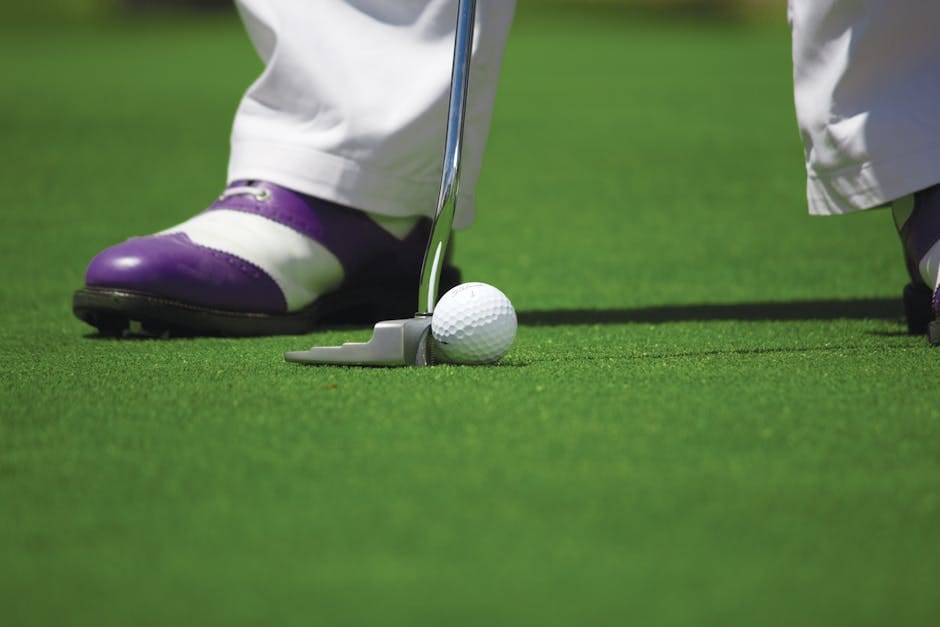The world of golf is a captivating one, filled with challenges, precision, and the pursuit of perfection. At the heart of this enthralling game lies the golf club, an indispensable tool that empowers golfers to conquer the greens. Whether you're a seasoned pro or just starting your golfing journey, understanding the intricacies of golf clubs is paramount to unlocking your true potential on the course.
Each golf club is meticulously designed to serve a specific purpose, providing golfers with a range of options to tailor their shots to varying distances, terrains, and wind conditions. From towering drives to delicate putts, the right club can make all the difference in your game.
**Woods**
Woods are the longest clubs in the bag, typically used for tee shots and long-distance approach shots. They feature a larger clubhead and a longer shaft, which generates maximum power and distance. The most common woods are the driver, fairway woods (3-wood, 5-wood, etc.), and hybrid clubs.
**Irons**
Irons are designed for precision and versatility, covering a wider range of distances than woods. They have a smaller clubhead and a shorter shaft, offering more control and accuracy. Iron clubs are typically numbered from 3-iron to 9-iron, with each number representing a different loft angle. The higher the number, the shorter the distance and the greater the loft.
**Wedges**
Wedges are specialized clubs used for short-range shots around the green, such as chipping, pitching, and sand shots. They have a heavy clubhead and a short shaft, providing maximum control and precision. Common wedge types include the pitching wedge (PW), gap wedge (GW), sand wedge (SW), and lob wedge (LW).
**Putters**
Putters are designed specifically for rolling the ball on the putting green. They have a flat clubhead and a short shaft, allowing for a smooth and consistent stroke. Putters come in various shapes and styles, each suited to different putting techniques.
**Choosing the Right Clubs**
Selecting the right golf clubs for your game is essential. Consider your skill level, swing speed, and the type of course you typically play. If you're uncertain about which clubs to choose, don't hesitate to seek guidance from a professional golf instructor. They can assess your swing and recommend the optimal clubs for your needs.
**Proper Club Fitting**
Proper club fitting is crucial for maximizing your performance on the course. A reputable golf fitter will analyze your swing and measurements to ensure that your clubs are tailored specifically to you. They will adjust the club length, lie angle, shaft flex, and grip size to optimize your ball flight and consistency.
**Maintenance and Care**
Like any valuable tool, golf clubs require proper maintenance and care to ensure their longevity and performance. Regularly clean your clubs to remove dirt and debris, and check the grips for wear and tear. Store your clubs in a dry and temperature-controlled environment to prevent rust and damage.
In conclusion, the golf club is an indispensable companion for golfers of all levels. By understanding the different types of clubs, choosing the right ones for your game, and ensuring proper fitting and maintenance, you can unleash your full potential on the course and experience the joy and satisfaction that golf has to offer.

